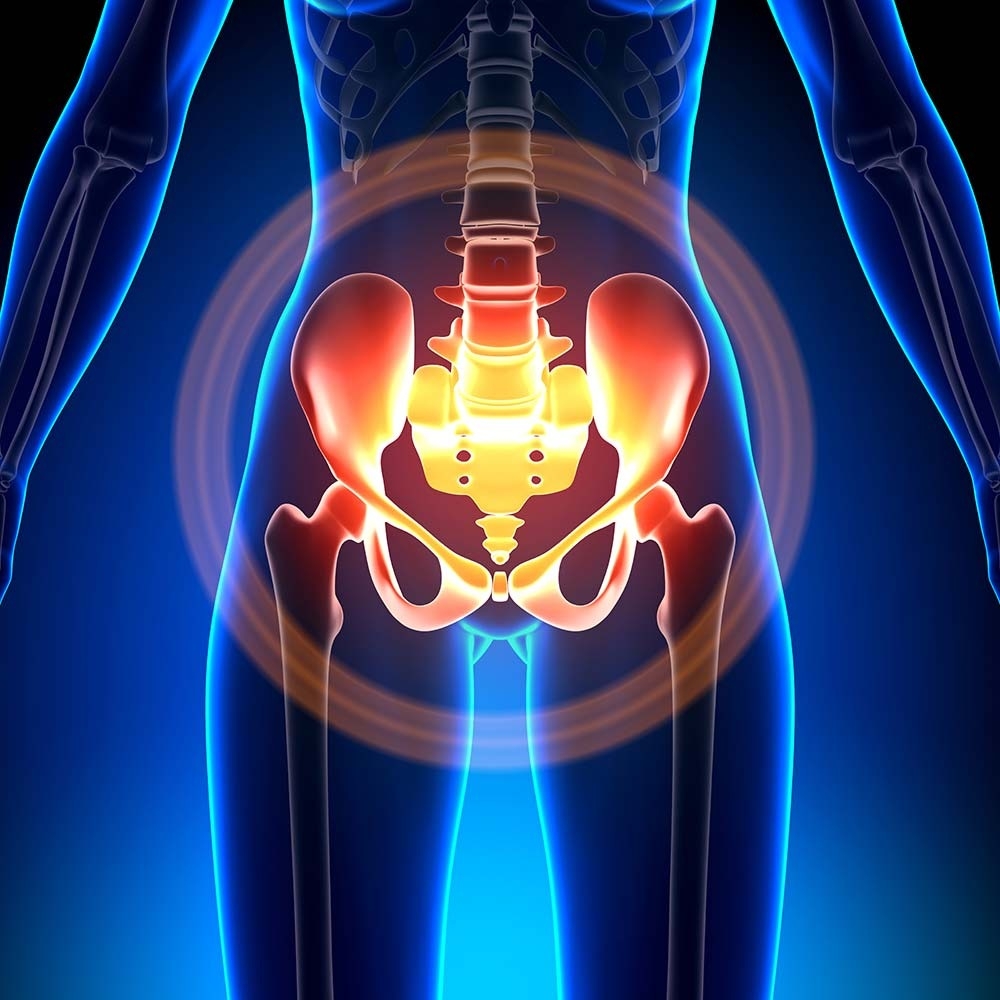Colorado Pelvic Venous Disorders Treatment

Pelvic venous disorders are a group of disorders resulting in the formation of symptomatic varicose veins in the pelvis. Similar to varicose veins in the legs, these can be caused by faulty vein valves which allow blood to fall with gravity and pool in abnormal veins (reflux), or by blockages in the veins not allowing the blood to leave the pelvis (obstruction). This can happen in men or women, but is more commonly called varicocele in men.
Signs and Symptoms
- Pelvic pain and heaviness
- Pain around the time of menses
- Backache
- Depression
- Fatigue
- Unusual varicose veins around the vulva, buttocks and in between the legs
- Swelling of the labia
- Tenderness of the abdomen
- Burning pelvic pain
- Pelvic floor spasm
- Hip pain
Risk Factors
- Women younger than 45
- Women after multiple pregnancies
- Men with history of varicocele
Detection
If referred to a vascular specialist, abnormal veins would be diagnosed with a thorough history and physical exam followed by a trans abdominal duplex ultrasound. Transvaginal ultrasound is not necessary in most cases. This may be followed by a CT scan or MRI, if necessary.
Treatment Options
Treatment may start with hormonal medications prescribed by a gynecologist in order to reduce blood flow and engorgement of varicose veins within the pelvis. If the medication is ineffective, nonsurgical embolization, may be an option. This is a minimally invasive, outpatient procedure where a small catheter or plastic tube is inserted into a central vein and guided to the problem veins using x-ray. The veins are then plugged with foam or coils to prevent abnormal flow and engorgement. Recovery is quick and no stitches are required.